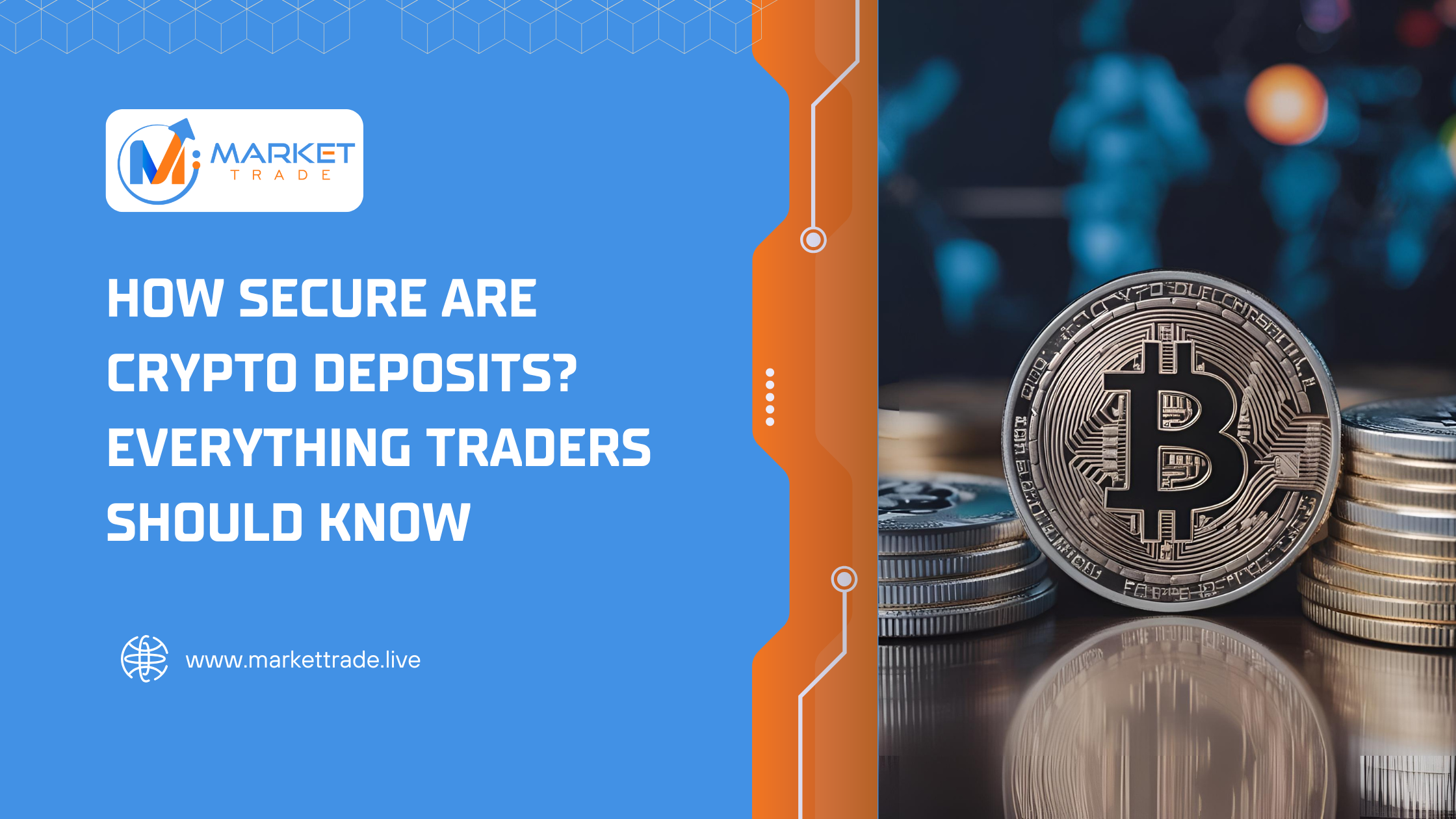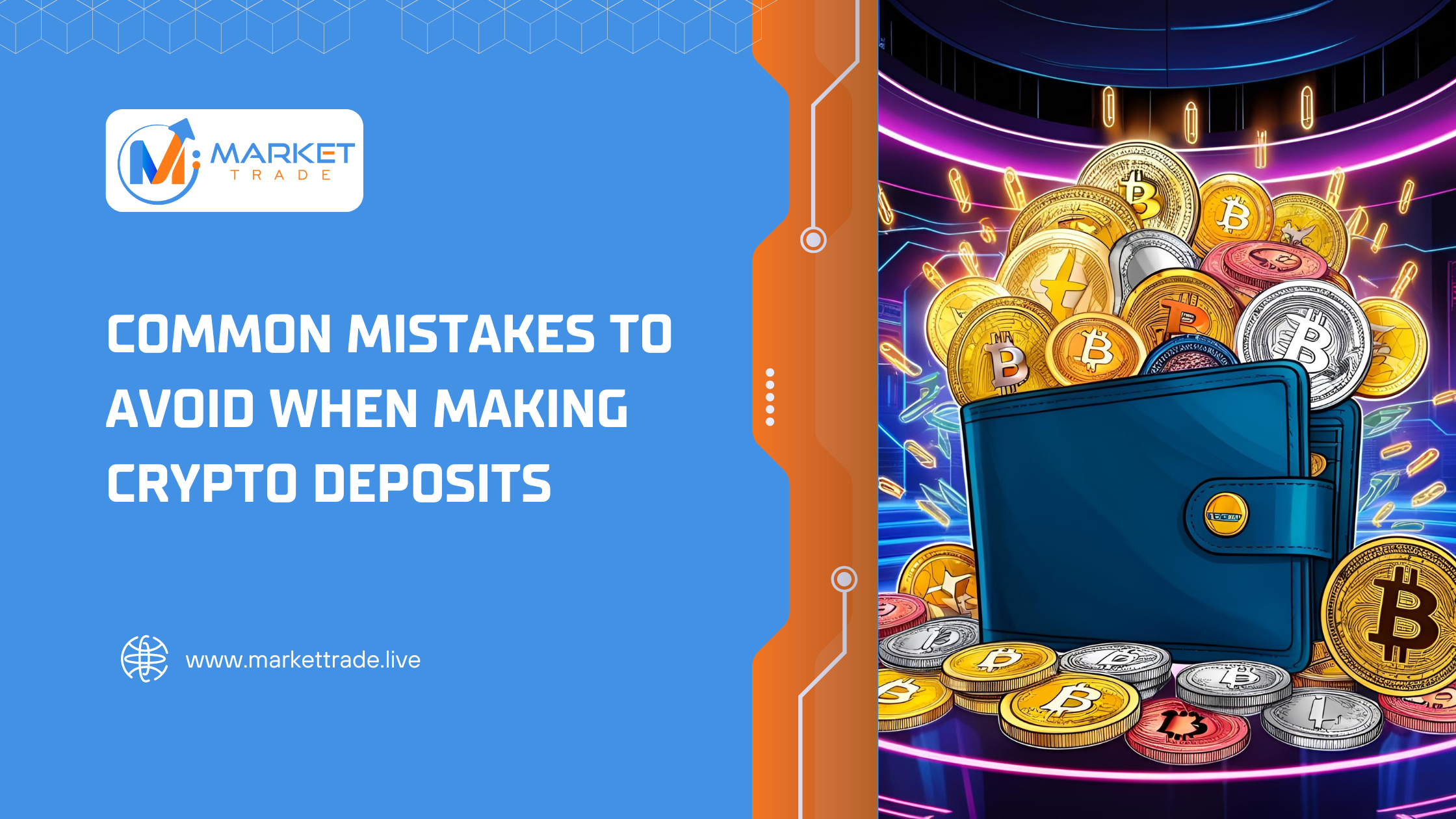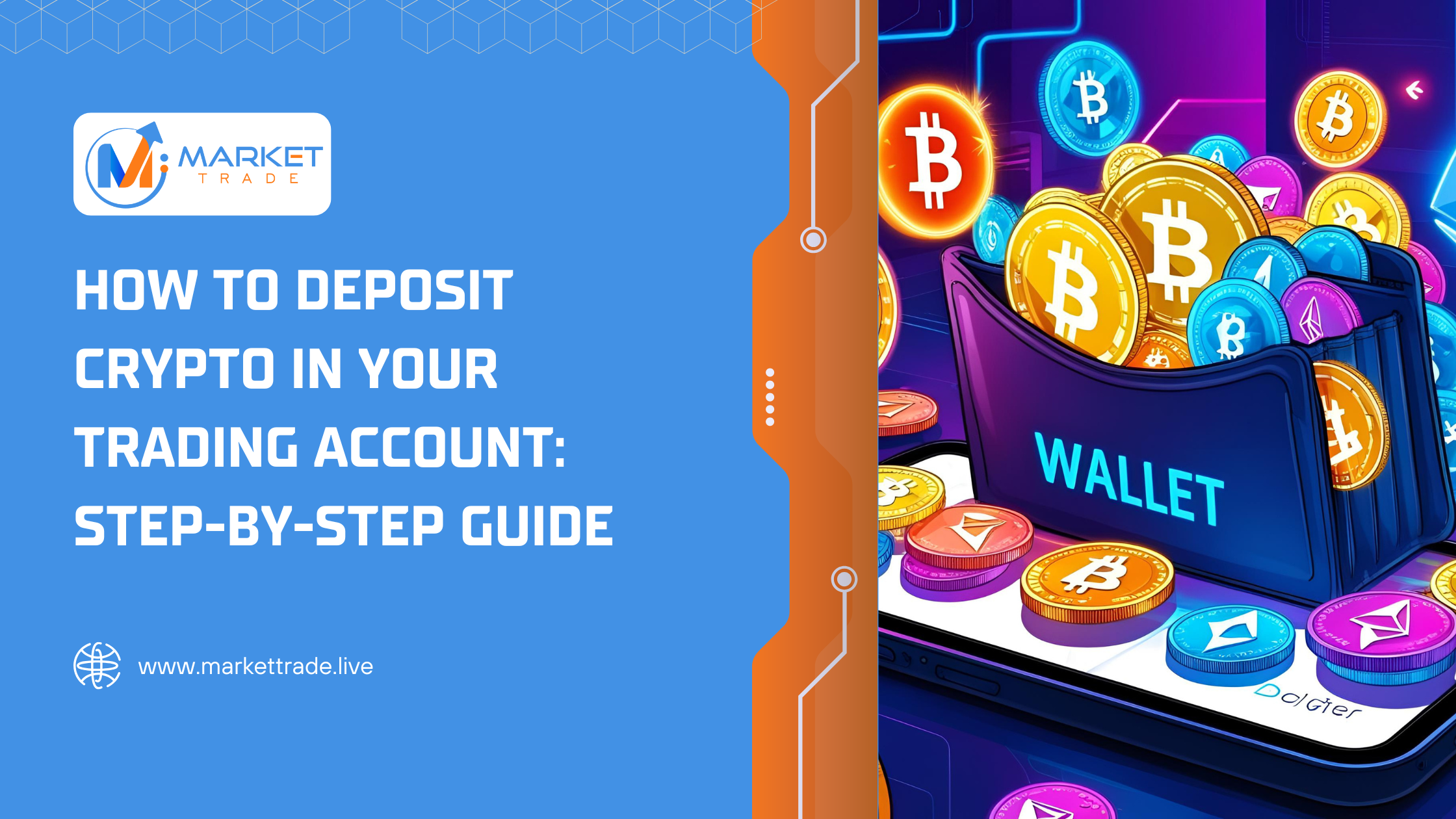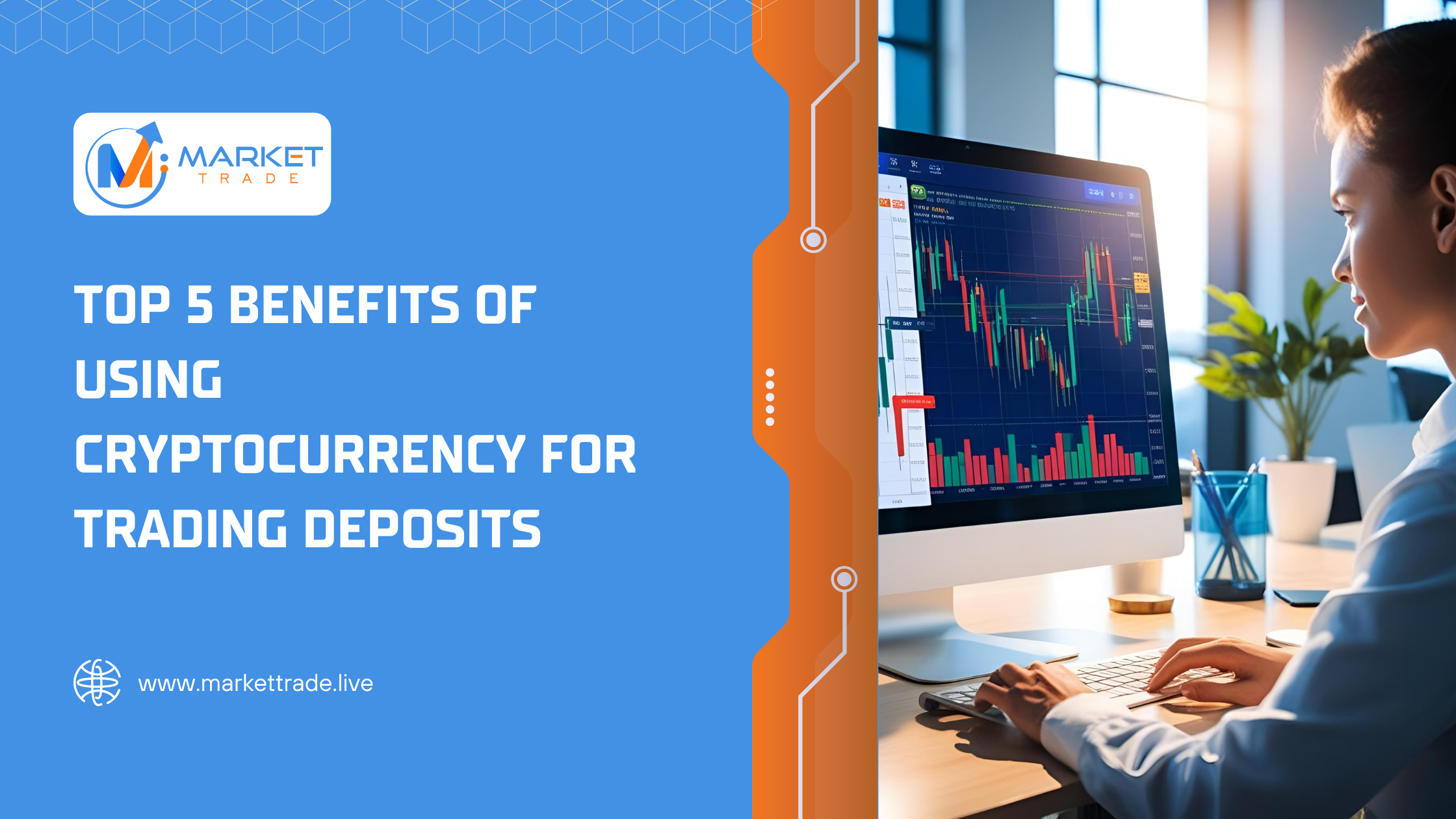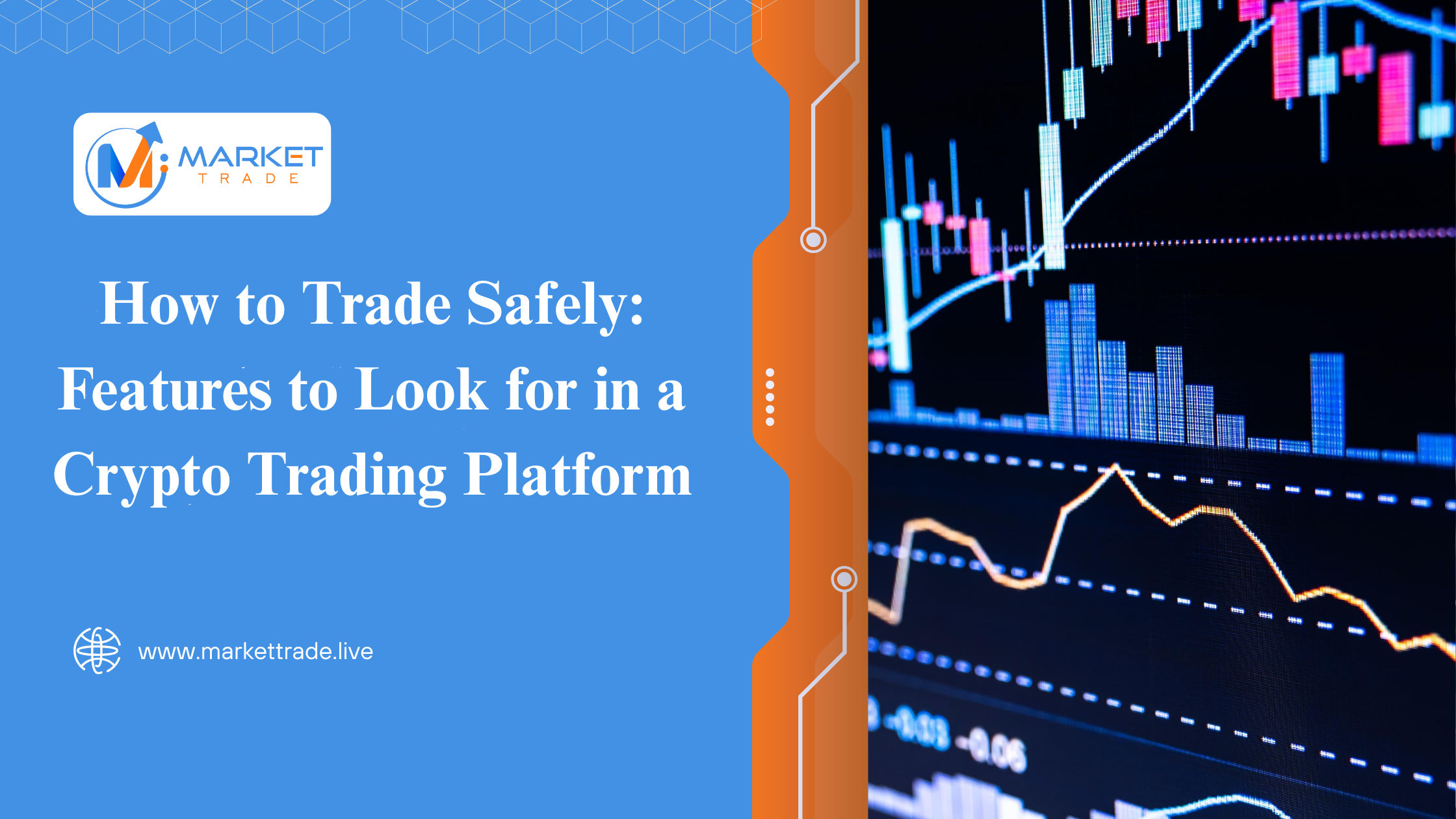
Crypto Trading Platform Crypto markets move quickly, but fast markets do not mean careless trading. Many losses happen because traders choose platforms that fail during execution, hide costs, or lack proper risk tools. Safety in crypto trading is not about predictions. It is about control. The right crypto trading platform helps traders manage risk, place accurate orders, and stay disciplined during volatile moves. Traders who ignore platform quality have the chance to struggle with slippage, missed exits, and emotional decisions. This blog explains what actually matters when choosing a platform, focusing on features that protect trading capital, improve execution quality, and support consistent decision-making before you start trading actively. Order Execution and Price Accuracy Order execution defines how closely your trade follows your plan. A reliable crypto exchange must show accurate prices and execute orders without delay. Even small execution gaps can change outcomes over time. Look for platforms that offer: If price refreshes slowly or fills are unclear, traders cannot control entries or exits properly. Execution clarity reduces confusion and protects capital during fast price movements. Built-In Risk Management Features Risk management should be part of the order process, not an afterthought. A strong crypto trading platform allows traders to define risk before entering a trade. Essential risk tools include: These features reduce emotional decisions during volatility. Traders who rely on manual exits react late, turning small losses into larger ones. Platform Stability During Volatile Markets Most platform failures happen during high activity periods. A dependable crypto exchange must perform consistently when markets move fast. Before you start trading, observe how the platform behaves during: A stable platform maintains chart accuracy, order placement speed, and balance updates without freezing. Consistency during pressure allows traders to follow their plan without technical interruptions. Clean Interface That Supports Accuracy Trading errors come from interface confusion rather than poor analysis. A safe crypto trading platform presents information clearly and logically. A functional interface should offer: Cluttered layouts increase the risk of incorrect order size or wrong order type. Simplicity supports focus and reduces costly mistakes. Transparent Fees and Cost Visibility Hidden fees quietly reduce profitability. A reliable crypto exchange should clearly show trading costs before execution. Important cost details to check: Platforms that display estimated fees during order placement help traders calculate realistic outcomes. Knowing costs upfront improves risk planning and prevents unpleasant surprises. Charting and Market Analysis Tools Charts are decision tools, not visual extras. A proper crypto trading platform must offer accurate and responsive charting. Useful chart features include: Accurate charts help traders identify entries, exits, and risk zones. Poor charting leads to flawed analysis and misjudged trades. Trade History and Performance Tracking Safe trading includes reviewing past decisions. Platforms that support detailed trade records, learning, and improvement. Look for access to: Reviewing results helps traders identify repeated mistakes and refine strategies. A crypto trading platform that supports self-review encourages disciplined growth. Account Security and Access Control Account safety is not only about passwords. Traders should control how accounts are accessed and monitored. Key security features include: These controls reduce the risk of account misuse. Platform-level protection ensures losses come from trading decisions, not unauthorized access. Support Access When Issues Arise Even experienced traders face technical issues. Quick support access reduces downtime and stress. A dependable crypto exchange provides: Knowing help is available allows traders to focus on markets rather than unresolved technical problems. Flexibility for Different Trading Styles Not all traders operate the same way. Some prefer short-term trades, others focus on longer setups. A strong crypto trading platform supports multiple trading approaches. Platform flexibility should include: This adaptability allows traders to grow without constantly switching platforms, reducing operational risk. Trading With Structure Using Markettrade As traders gain experience, platform reliability becomes more important than surface-level features. Markettrade focuses on providing a structured trading environment built around clarity, execution control, and practical risk management. The platform supports traders who want to start trading with better visibility into orders, positions, and price movements. By offering clean charts, clear execution flow, and stable performance, Markettrade helps traders focus on disciplined decision-making rather than platform limitations.





